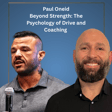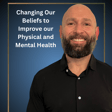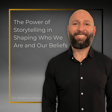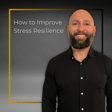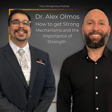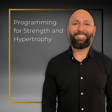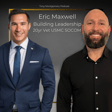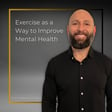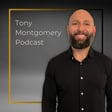
Carving Your Own Path w/ Carlos Reyes
In this episode I talk to Carlos Reyes, elite level strength athlete and firefighter. We discuss his path to becoming one of the best overall strength athletes. What it means to follow in his dad's footsteps of becoming a firefighter, along with how he carved his own path to success. We touch on what legacy he wants to leave behind and how he juggles all of his training and roles of being a father, husband, and firefighter without skipping a beat.
Carlos Reyes is a firefighter and competitive powerlifter. With a background in emergency response and strength training, he brings a practical perspective on resilience, discipline, and performance under pressure. His experience bridges the physical demands of firefighting with the mental focus required in high-level strength sports.
